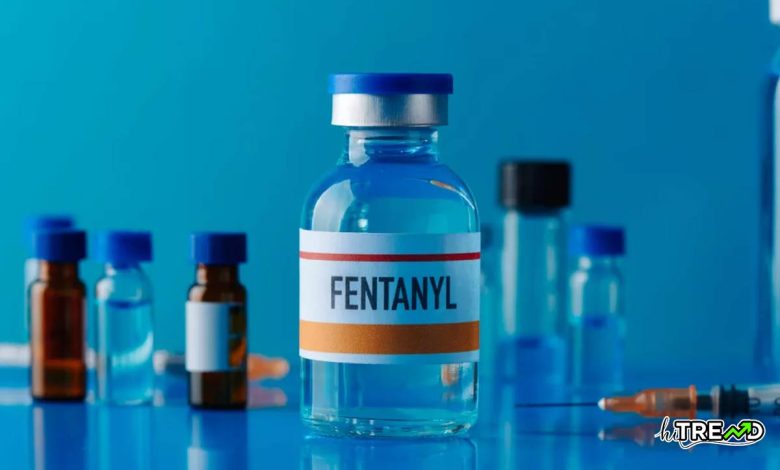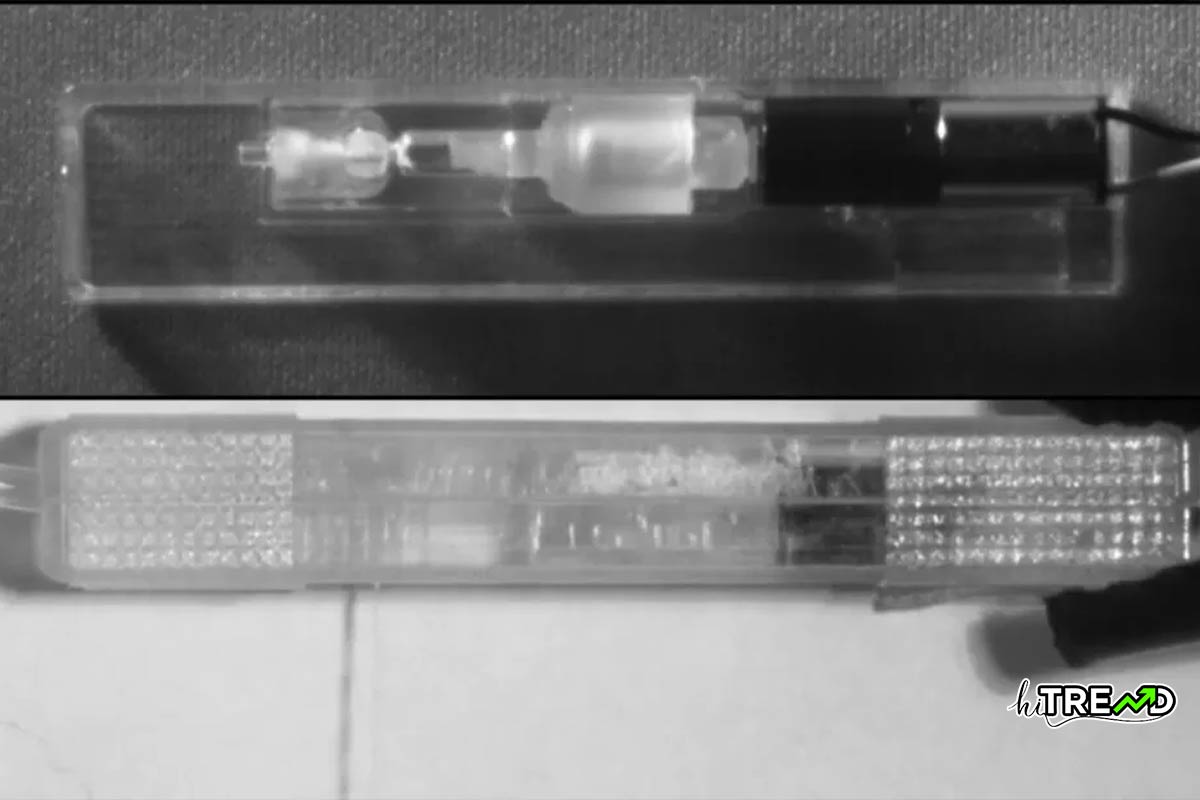New implantable device designed by MIT team means to stop opioid overdoses in progress

In a nutshell: The opioid crisis is claiming hundreds of thousands of lives each year in the US alone. As new synthetic drugs spread rapidly, researchers are working to save lives by developing novel devices that can autonomously administer naloxone to those at risk. New implantable device designed by MIT team means to stop opioid overdoses in progress
Researchers from MIT and Brigham and Women’s Hospital have created an implantable device that can detect an opioid overdose and automatically administer a dose of one of the most effective opioid antagonists available. The Implantable System for Opioid Safety (iSOS) aims to provide a realistic solution to the ongoing opioid epidemic, which continues to cause significant morbidity and mortality across the US.
You can read more Technology articles
According to data from the new study, the rate of deaths from opioid overdoses dramatically increased during the Covid-19 pandemic. In 2021 alone, 100,000 people died after taking a lethal dose of opioid-derived drugs. Naloxone, an opioid antagonist, binds to opioid receptors in the nervous system, blocking the effects of the drug. It is typically administered via injection or nasal spray.
Naloxone is a highly effective means of combating the most dangerous effects of an overdose, often restoring normal breathing within minutes. However, individuals suffering from opioid addiction may not receive help in time, and powerful synthetic drugs like fentanyl can cause more rapid and unpredictable overdoses.New implantable device designed by MIT team means to stop opioid overdoses in progress
The implantable system developed by MIT researchers
includes a sensor and a pre-trained algorithm to accurately detect opioid-related overdoses. The device can then rapidly administer a dose of naloxone to save a person’s life. The small reservoir embedded in the device can carry up to 10 milligrams of naloxone, which is delivered by a pump within 10 seconds of overdose detection.

The researchers tested their iSOS implantable system on a swine model and found that it effectively reversed the deadly outcome of an overdose 96 percent of the time. They are now working to further miniaturize the device, optimize the onboard battery, and begin human trials within the next three to five years. New implantable device designed by MIT team means to stop opioid overdoses in progress
The researchers explained that the proposed iSOS technology could be a key solution in the fight against the opioid epidemic. It could deliver a life-saving dose of naloxone to individuals at the highest risk of overdose, particularly those who have previously experienced an overdose.
Follow HiTrend on X





